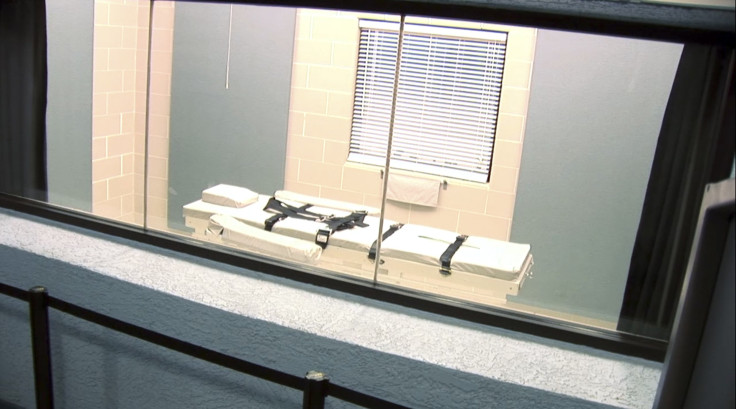Death Penalty In The US: Florida Capital Punishment System Is Unconstitutional, Supreme Court Says

The U.S. Supreme Court Tuesday ruled that Florida’s death penalty system is unconstitutional, arguing that the state gives too much discretion to judges instead of juries in doling out death sentences, Bloomberg reported. The ruling, in a near-unanimous 8-1 vote, arose from the case of a man sentenced to death by a judge for the 1998 stabbing of a co-worker after a jury narrowly recommended execution.
The case of the death row inmate, Timothy Lee Hurst, will now go back to the lower courts, NBC News reported. It's unclear how many cases will be affected, but many such inmates could challenge their sentences in light of the ruling, experts said.
"The remaining question would be: Will the Supreme Court consider this to have retroactive effect, and retroactive to when?" Robert Dunham, executive director of the Death Penalty Information Center, said to NBC News.
In the ruling, the Supreme Court said juries in Florida have only an advisory role in recommending the death penalty, and that even if a jury advocates for the death penalty, a judge can look the other way, the Associated Press reported.
"The Sixth Amendment requires a jury, not a judge, to find each fact necessary to impose a sentence of death. A jury’s mere recommendation is not enough,” Justice Sonia Sotomayor wrote in the court’s opinion, according to NBC News.
Florida argued that its death penalty system should stay in place because juries decide if people are eligible for the death penalty first.
"There are some real benefits associated with judicial sentences," Florida Solicitor General Allen Winsor said, according to USA Today. "You're not going to have someone's life or death being determined exclusively on, perhaps, the emotions of a jury."
Unlike some states, Florida regularly carries out death sentences. Florida has almost 400 death row prisoners, second only to California, but the latter rarely carries out the sentences. Florida is the only state that gives judges the discretion they have in handing out death sentences.
Florida has already carried out its first execution of 2016. Oscar Bolin Jr. was put to death by lethal injection Jan. 7, a sentence he received after being convicted of killing three women, the Washington Post reported.
Today's Supreme Court ruling against #Florida's death penalty system will unleash a torrent of new inmate appeals. https://t.co/dpTN02wliK
— Craig Pittman (@craigtimes) January 12, 2016The death penalty was widely criticized in 2015, a year in which the U.S. saw fewer executions carried out than it had in years. Fewer death sentences were also given in 2015.
© Copyright IBTimes 2025. All rights reserved.





















